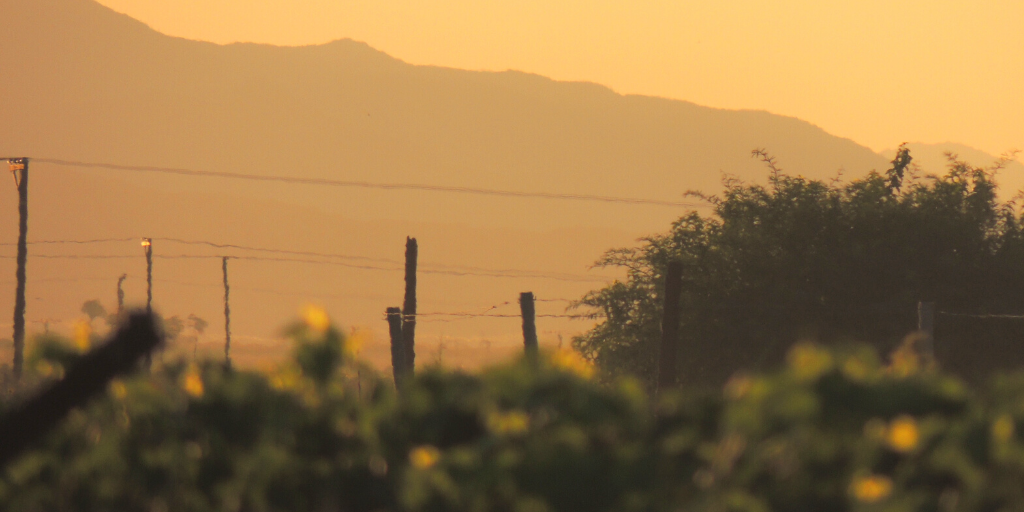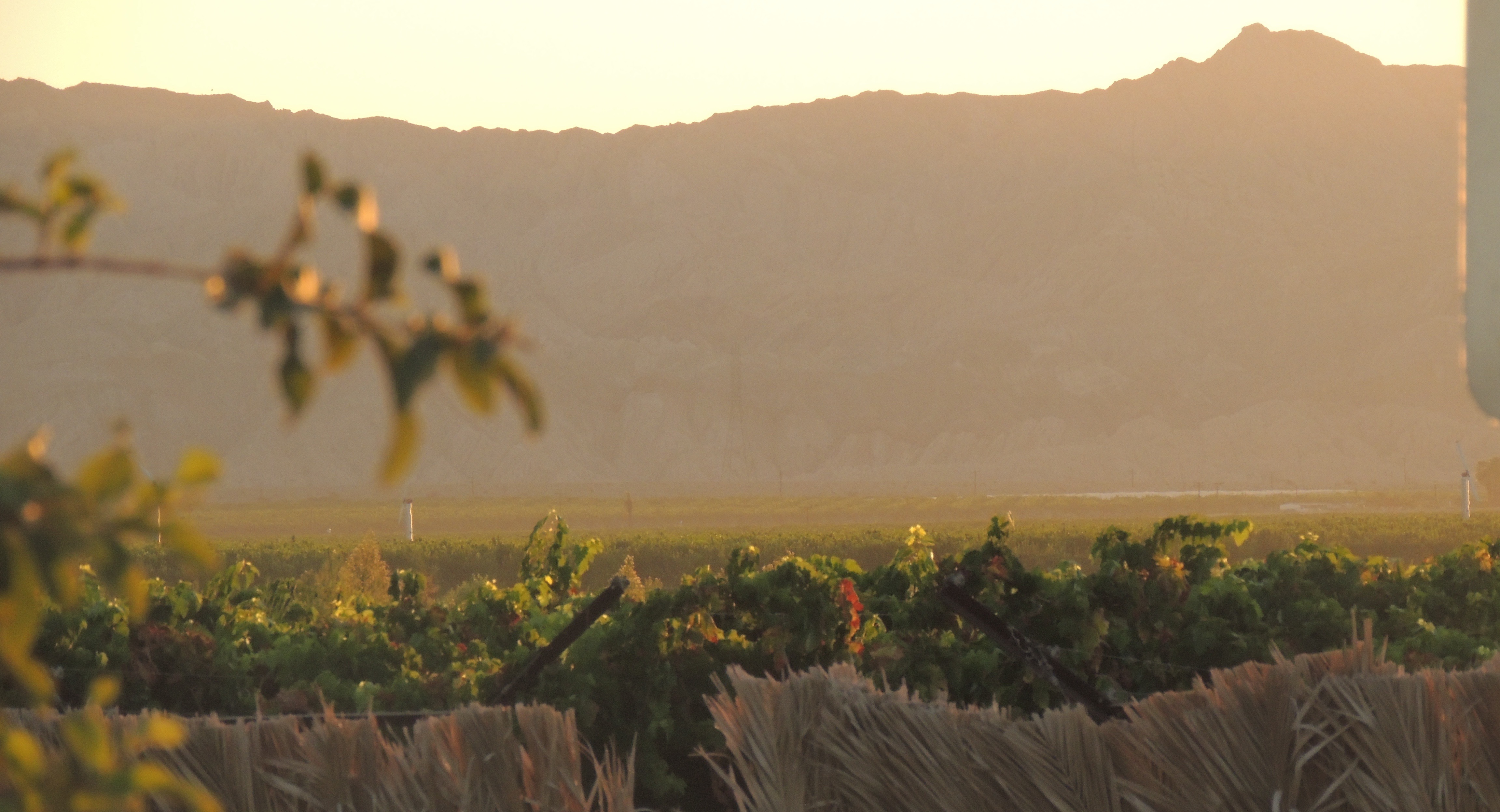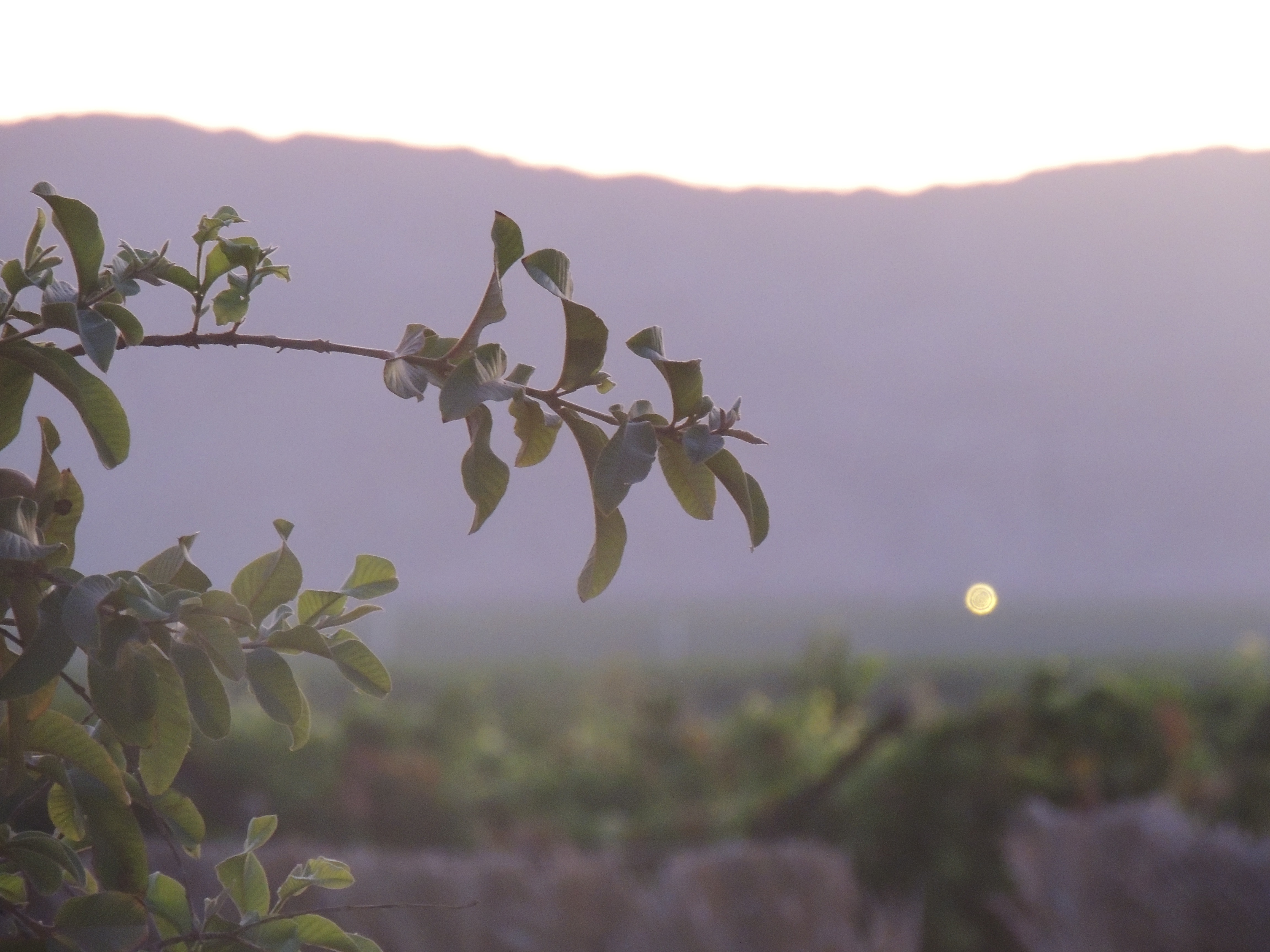
Today is July 30. The weather is predicted to reach 109 degrees Fahrenheit today. Most are advised to stay indoors, but for the farm workers living in the Eastern Coachella Valley, their jobs rely on their ability to not only stand the heat, but work strenuously while the blazing sun beats on their backs. For women like Maria E. though, the scorching heat is not the most dangerous part of her job.
An immigrant originally from Michoacán, México, Maria has been living in Mecca, California for the last eight years. Seeking a safer and more prosperous future for herself and her two children, she left her life behind and started anew in a land of promised opportunities.
Many women’s stories in the Eastern Coachella Valley begin the same way and with similar circumstances — like lack of sufficient English and proper documentation — resulting in them working in the agricultural field. Although field workers have historically been excluded from many legal protections, such as those that aim to monitor wage practices, women in particular are at a dangerous disadvantage with the threat of sexual assault looming over them.
“Working along men in a place that isn’t very monitored can be scary,” says Maria, 42 years old, in Spanish.“The men think that they can talk about your body or even ‘accidentally’ grope you sometimes.”
A UC Santa Cruz study reported that 80% of 150 women working in the Central Valley experienced some form of sexual harassment. It also estimated that roughly a quarter of California’s almost 1 million farm workers are female.
More data on exactly how many women have experienced some form of sexual assault while in the fields is scarce and inconsistent, likely due to the women’s immigration status and job vulnerability, advocates say, as most female farm workers are in desperate need of money and have little alternatives.“They’re scared. They don’t speak out because of fear,” says Manuela Ramirez, a spokesperson for Líderes Campesinas. The group organizes female farm workers through civil rights education, social support, and by encouraging them to take on local leadership roles in the community.
Based in nearby Thermal, Ramirez often hears testimonies from women and finds that male bosses, too, are harassing the women farmers.

“I used to work in the fields myself. I know firsthand how uncomfortable it is to work in a place where you don’t feel safe,” says Ramirez. “Men abuse their power and use their position to ogle and accost.”
Some women farmers have resigned to creating an unofficial support network amongst themselves, in an attempt to stave off unwanted sexual advances from male colleagues. They do this by watching over each other during work, speaking up when a fellow woman is assaulted and, most importantly, by insisting on working next to each other.
“If we had women as our mayordomos (supervisors) I don’t think this would happen, and we would probably finish our work faster since we don’t have to keep looking over our shoulders,” says Maria, who is using only her middle name to protect her identity. “I’ve worked with a mayordoma before and you could feel the difference. It’s safer.”
Sara, a seasonal laborer in Mecca’s grapevines, has been a mayordoma for the last 13 years following the harvest along the coast of California. For similar concerns, she is using a pseudonym. Originally from Guerrero, Mexico, the 55-year-old says in her native Spanish that, “I don’t have a lot of options for jobs here. I came to the United States to give my children an education and that means working in the fields.”
She’s noticed that the women farmers working with her tend to be more at ease. “I think women like to work with me around because they feel safe, and more importantly, they know that if they complain to me about something, I won’t fire them or make it worse. They trust me.”
Fear of reprisals pushes many of the women farmers into silence. The possibility of encountering immigration authorities is also too risky. “We need to be heard and I need to know that if I talk about this I won’t lose my job or be intimidated into quitting like I know has happened to other women,” adds Maria.
The women seem almost indistinguishable from the men while in the fields, being covered from head to toe in garments aimed at preventing dust inhalation and sun protection. But the garments prove to be no protection from harassment.
“The sexual comments especially make me angry because there’s no reason for that to be said here,” says Maria. “I try really hard so the men know that I don’t tolerate that happening here. This is a job and women deserve to know that their bodies won’t be talked about.”
Facing such hardship, some might wonder why the women choose to risk so much and make the trek into the United States in the first place. As Maria explains, “I do this for my children. So they could have an easier life, a better future, to give my daughter the things I didn’t have.”
The hope is always there for the next generation. “My daughter is going to college next year, I’m making sure of it. She’s really smart and I know she won’t have to struggle the way I do in the fields. She won’t have to put up with the men or the pain in my knees.”
Sara, the 55-year-old mayordoma, has plans of spending her golden years in retirement back in México, “now that my kids have made their own lives here,” she says.
“We need to empower women and let them know there are resources available. Come out from behind the shadows,” says Ramirez. “As women, we are always going to have some type of struggle, but we have a voice… We also need to teach men that they might be owners of their bodies but that woman own theirs as well. Living in fear is not living.”

Seven young women from across California engaged in yli’s Calafia fellowship to produce a magazine centering Intersectional Feminism. This is just one of the many stories published in the ‘zine – articles that take on issues such as: street harassment, gender norms, beauty and identity, queer issues, women’s history in classrooms, and women farmers.
